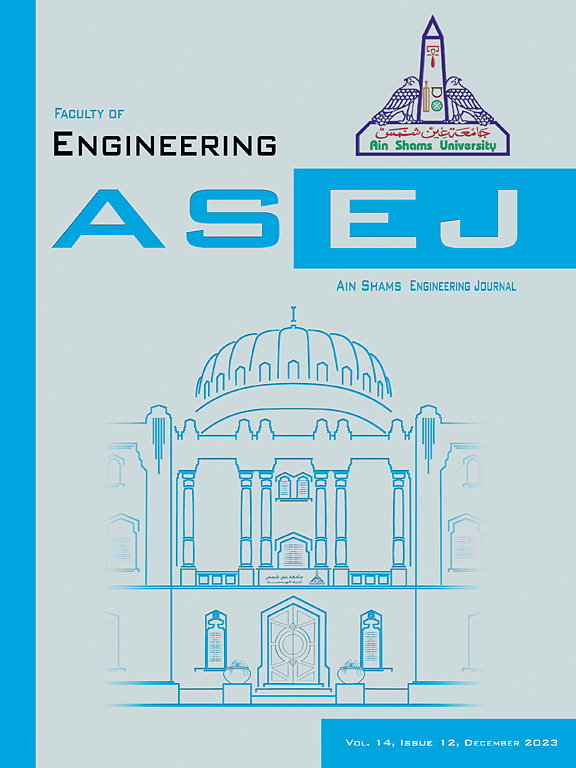区块链通过基于属性的加密编排安全医疗数据传输
IF 6
2区 工程技术
Q1 ENGINEERING, MULTIDISCIPLINARY
引用次数: 0
摘要
电子健康记录(EHRs)是包含患者医疗信息的重要数字文档。医疗数据共享面临着严峻的挑战,包括缺乏强大的安全机制、共享数据效率低下,以及在维护电子病历隐私方面存在重大漏洞。为了克服这些挑战,提出了一种新的区块链编排医疗数据加密(BORE-MED),以增强医疗保健部门EHR敏感医疗信息(SMI)管理的安全性。该方法采用基于属性的加密(ABE)算法对电子病历数据进行加密,以增强数据的保密性。镜像拜占庭容错(Mir-BFT)共识算法用于安全存储和共享电子病历。提出的系统已经使用Python模拟器进行了评估。与现有的BSC、BLE和PPAC方法相比,该框架的安全性分别提高了5.63%、7.57%和8.9%。这些发现表明,开发的框架提出了一个安全的数据传输在医疗保健部门。本文章由计算机程序翻译,如有差异,请以英文原文为准。
Blockchain orchestrated secure medical data transmission via attribute-based encryption
Electronic health records (EHRs) are crucial digital documents that contain patient medical information. Medical data sharing faces critical challenges, including a lack of robust security mechanisms, inefficiencies in sharing data, and significant vulnerabilities in maintaining privacy for EHRs. To overcome these challenges, a novel Blockchain ORchestrated Encryption for medical data (BORE-MED) has been suggested to enhance the security for managing sensitive medical information (SMI) of EHR in the healthcare sector. The proposed methodology employs the Attribute-Based Encryption (ABE) algorithm to encrypt the EHR data for enhancing data privacy. The Mirrored Byzantine Fault Tolerance (Mir-BFT) consensus algorithm is utilized securely storing and sharing EHRs. The proposed system has been evaluated using a Python simulator. The security of the suggested BORE-MED framework is 5.63%, 7.57%, and 8.9% higher than the existing BSC, BLE, and PPAC methods respectively. These findings reveal that the developed framework presents a secure data transmission in healthcare sector.
求助全文
通过发布文献求助,成功后即可免费获取论文全文。
去求助
来源期刊

Ain Shams Engineering Journal
Engineering-General Engineering
CiteScore
10.80
自引率
13.30%
发文量
441
审稿时长
49 weeks
期刊介绍:
in Shams Engineering Journal is an international journal devoted to publication of peer reviewed original high-quality research papers and review papers in both traditional topics and those of emerging science and technology. Areas of both theoretical and fundamental interest as well as those concerning industrial applications, emerging instrumental techniques and those which have some practical application to an aspect of human endeavor, such as the preservation of the environment, health, waste disposal are welcome. The overall focus is on original and rigorous scientific research results which have generic significance.
Ain Shams Engineering Journal focuses upon aspects of mechanical engineering, electrical engineering, civil engineering, chemical engineering, petroleum engineering, environmental engineering, architectural and urban planning engineering. Papers in which knowledge from other disciplines is integrated with engineering are especially welcome like nanotechnology, material sciences, and computational methods as well as applied basic sciences: engineering mathematics, physics and chemistry.
 求助内容:
求助内容: 应助结果提醒方式:
应助结果提醒方式:


